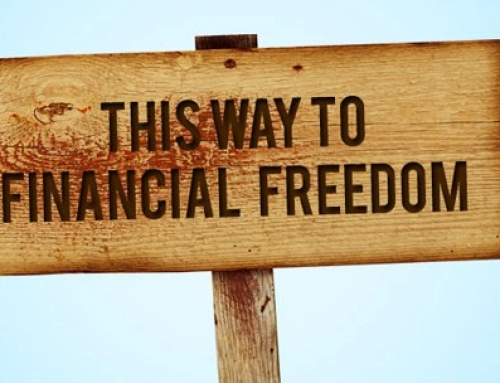Equity. Shares. Stock. It all sounds the same, and when your adviser speaks about these things interchangeably you might be left in the dark if you don’t stop and ask what she’s actually talking about. By asking and understanding how your money is making money you will go a long way in developing your own financial literacy.
This time around we will seek to demystify one of the most frequently asked questions: what is the difference between a share and the share market?
Here’s another question to answer that question with: where do you buy stuff? You probably go to a market. It might be the super market, the mini market, the fruit market or even the veg market. For this example, let’s focus on the veg market as a nice hearty veggie soup is taking center stage this week with the bleak weather outlook. Do you go to the veg market to buy every single thing available? No, of course not. You might not even like tomatoes.
A market is merely a place (physical or online) where a willing buyer and a willing seller endeavor to transact in a specific service or good at an agreeable price to both parties. If the seller doesn’t agree to the price, he wouldn’t be in business. If the buyer doesn’t agree, he’ll go someplace else or buy an alternative. Possibly a naartjie instead of an orange?
Now that we know what a market is, let’s figure out what you buy in a share market.
A share, sometimes also referred to as stock or equity gives the holder a piece of a company. This piece might entail voting rights and the right to all future dividends the company might declare, in proportion to the amount of shares held.
Where do shares come from? A company will issue shares to raise cash, and in the olden days these were physical certificates. These shares can now be traded between a willing buyer and a willing seller at, you guessed it, a market. In South Africa this market where the big companies’ shares trade is called the JSE All Share Market.
When investing money for the long term by going to the market to buy shares, you will most certainly look to buy only the shares which represent 1) good quality companies with good future prospects and 2) those good quality companies who are selling for a price which you (the buyer) is willing to agree on.
The reason why shares get traded so often is that the buyer and seller disagree on what price the share is worth. In times of uncertainty and skepticism, you will find more sellers than buyers which drives down price. In times of optimism, you will find more buyers than sellers which drives up the price. All of this happens on a very short term basis while little physically changes within the underlying company who’s share you are buying.
If you hold a long term view of your investments, you become one of the few buyers in a falling market, because who doesn’t like a SALE, right? This is not the popular or comfortable move to make, but pays off in the long term as you are able to acquire superb shares at low prices which is one way in which your money makes money.
If you are still reading up to here and the article has left you more confused than when we started, please go ahead and get in touch. We’d love to hear from you!





